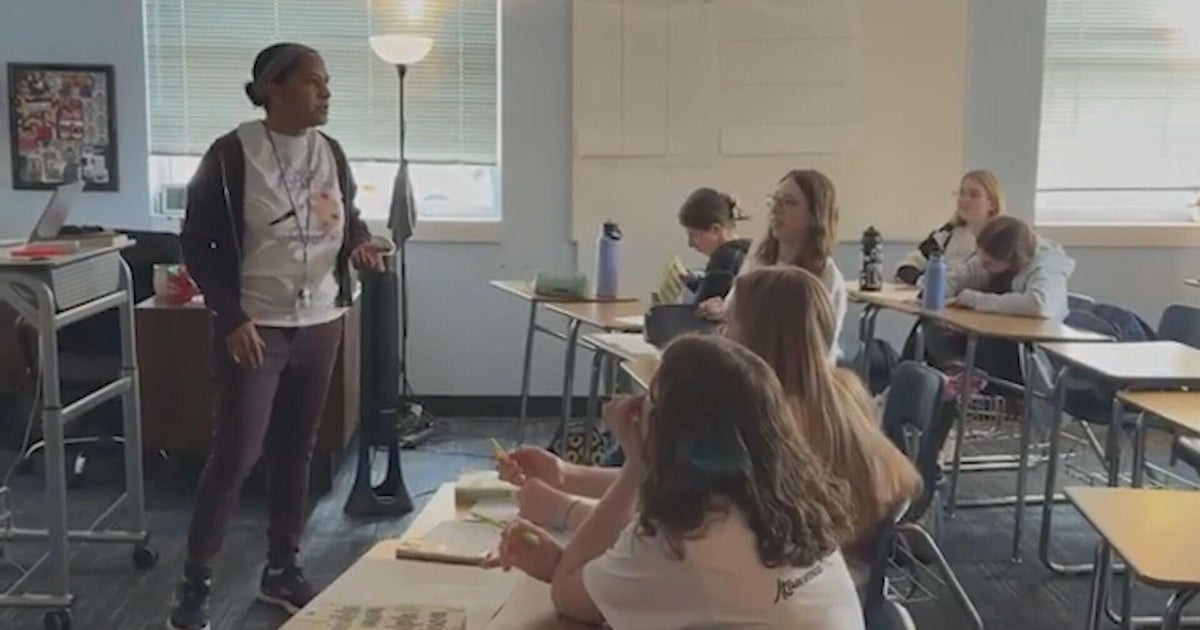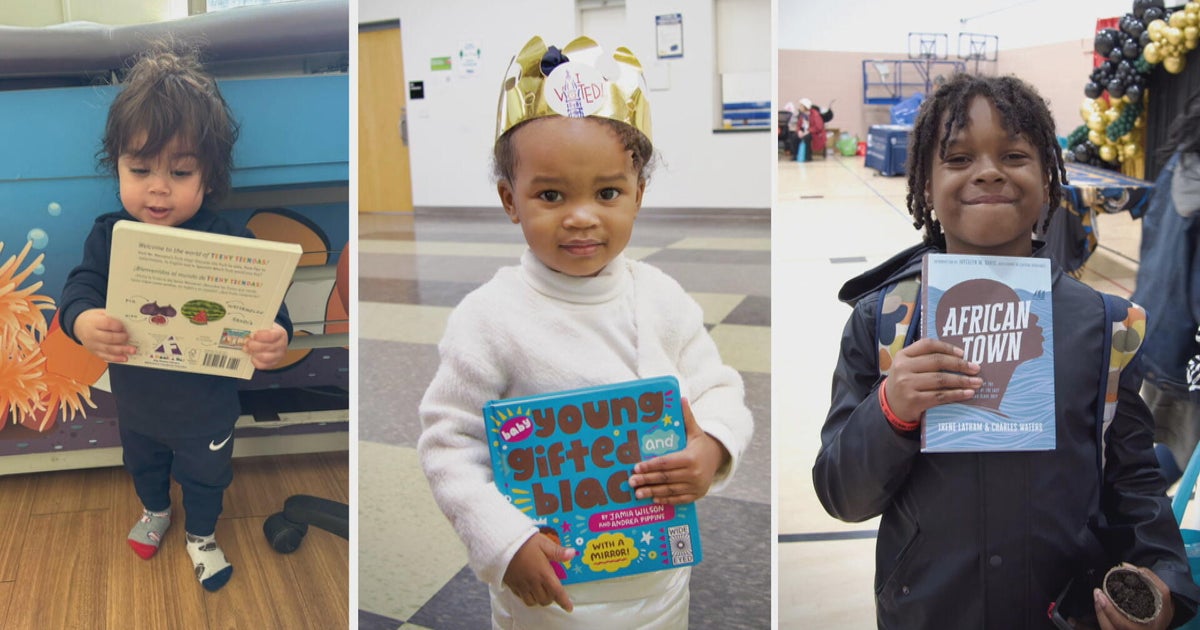Yes, Cats Really Do Bond With People, Study Says, Even If They Don't Always Show It
(CNN) -- Some cats may seem a little more aloof than dogs, but they respond to the people they've bonded with in a similar way, according to a new study.
Research at Oregon State University has shown that cats can form secure or insecure bonds with their owners. The researchers now believe the trait isn't specific to dogs, as similar research has shown, since it now applies to cats.
During human attachment behavior studies, researchers look at how babies respond when they're reunited with their parent or caregiver after a short absence. When they're reunited, securely bonded babies return to exploring their surroundings in a relaxed way. About 65% of babies have a secure attachment. But insecurely attached babies will either avoid their parent or cling to them.
The same tests have been simulated with primates as well. After applying it to dogs, babies and primates, the researchers wanted to see what would happen when they added cats and kittens to the scenario.
The cats and kittens would individually spend two minutes in a room with their owner or caregiver. Then, the person would leave the room for two minutes, followed by a two minute reunion. This is called a "secure base test."
About 65% of the cats and kittens were found to be securely bonded to their owners. Their finding shows that the cats' bonds with people were stable in adulthood, and not just present in kittens.
The securely attached cats will continue to explore their surroundings after their owner returned, as well as pay attention to their owner. The insecurely attached cats showed signs of stress, like twitching tails, licking lips, avoiding their owner or jumping in their lap and not moving, which is a sign of ambivalence.
A study detailing the findings published Monday in the journal Cell Press. The researchers disclosed that their study was supported by a Nestle Purina sponsorship for research about the emotional well-being of cats and dogs.
"Like dogs, cats display social flexibility in regard to their attachments with humans," said Kristyn Vitale, study author and researcher at Oregon State University's Human-Animal Interaction Lab. "The majority of cats are securely attached to their owner and use them as a source of security in a novel environment."
Even kittens who went through a 6-week socialization training course did not shift their bond with their owner.
"Once an attachment style has been established between the cat and its caregiver, it appears to remain relatively stable over time, even after a training and socialization intervention," Vitale said. "Cats that are insecure can be likely to run and hide or seem to act aloof. There's long been a biased way of thinking that all cats behave this way. But the majority of cats use their owner as a source of security. Your cat is depending on you to feel secure when they are stressed out."
The bonding revelation gives the researchers hope for how many cats could be placed in homes in the future, especially given how many cats and kittens are present in animal shelters.
"We're currently looking at several aspects of cat attachment behavior, including whether socialization and fostering opportunities impact attachment security in shelter cats," Vitale said.
The-CNN-Wire
™ & © 2019 Cable News Network, Inc., a Time Warner Company. All rights reserved.







